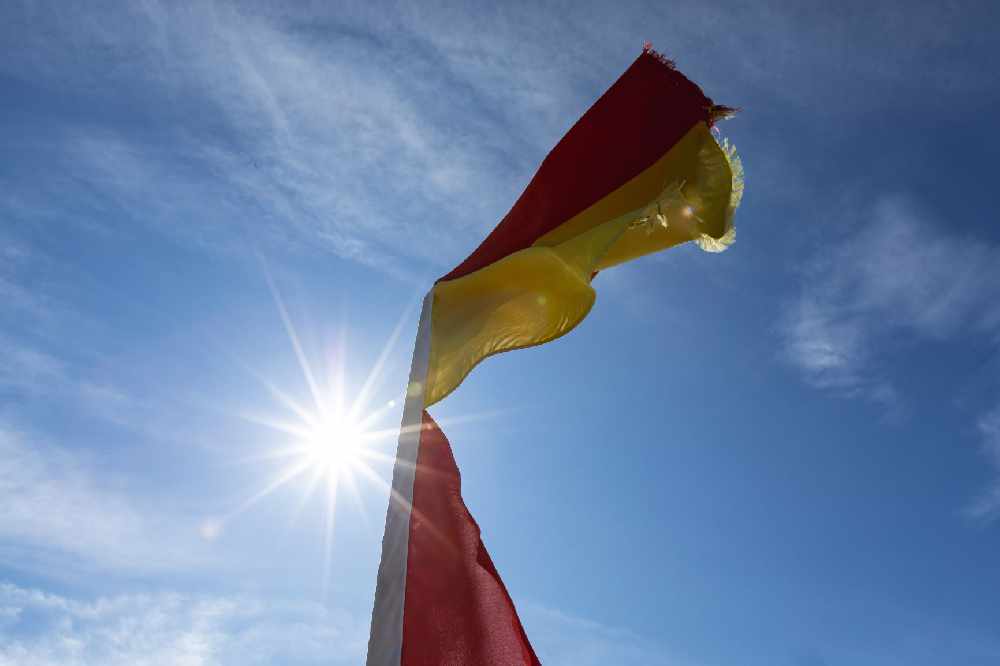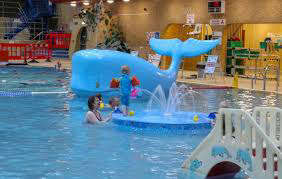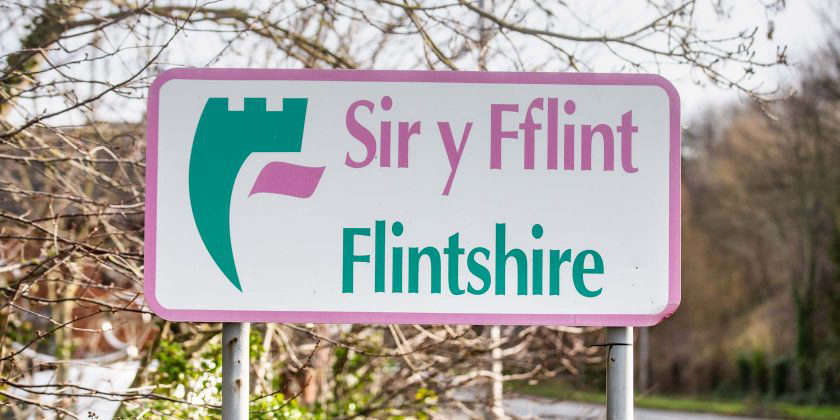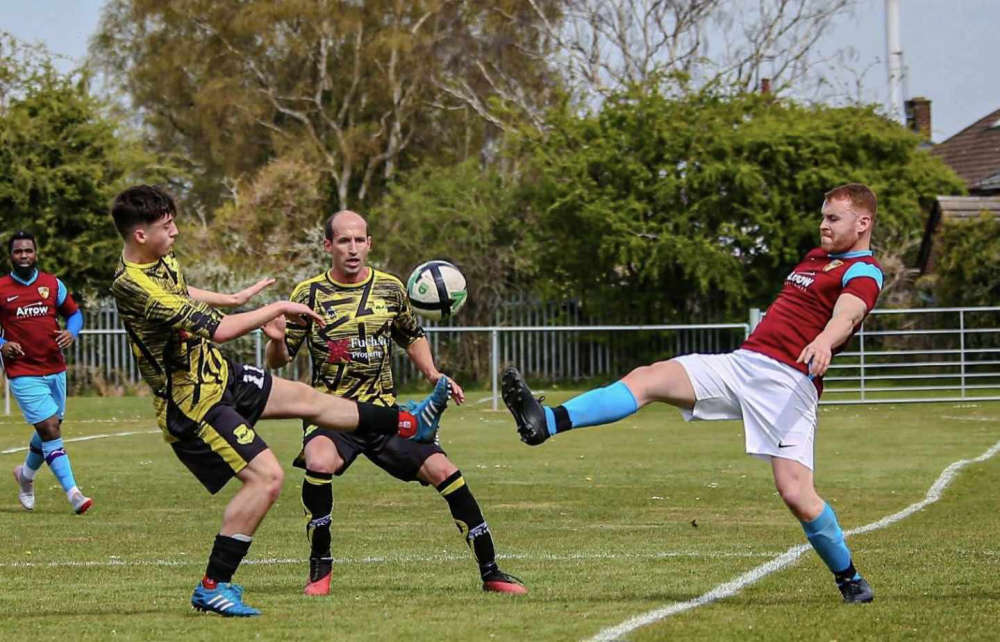
As school summer holidays come to an end, patrols on some RNLI lifeguarded beaches will finish this Sunday, but the charity is still providing a lifeguard service on 18 beaches across Wales.
Now members of the public are being urged by the charity to take extra care and be responsible when visiting the beach by knowing their limits and not taking risks. If intending to use the water people are encouraged to head to one of the 18 lifeguarded beaches in Wales but to maintain social distancing and if that’s not possible, consider spending your day elsewhere.
Despite the Coronavirus situation and the challenges posed by lockdown restrictions earlier in the year, the RNLI has worked with local authorities and other partners to provide lifeguards on 177 beaches across the UK this summer.
RNLI lifeguards have adapted to new protocols this season because of the pandemic to protect themselves and the public from the virus. This has included wearing PPE, enhanced cleaning of equipment and maintaining a two metre distance from others while carrying out their role.
11 beaches in Wales will lower their flags and pack their equipment away for the final time at 6pm on Sunday in what has been a very busy season for RNLI lifeguards, as more people holidayed at home this summer and visited Welsh beaches.
In Wales, beach visitor numbers soared to the highest seen in over a decade in some parts of the country. Back in June, RNLI lifeguards on Newgale Central beach in Pembrokeshire saved the life of a female who was caught in a rip current. Spotting the lady in distress, lifeguards reached her just before shewent underwater.
In July, on the hottest day of the year, RNLI lifeguards in Swansea rescued 16 people who were caught in rip currents. On the same day at Three Cliffs, Gower, RNLI lifeguards went to the aid of a young boy and his mother who were caught in a flash rip current.
Chris Cousens, RNLI Water Safety Lead for Wales, said:
‘It has been an extremely busy summer for RNLI lifeguards with huge numbers of people visiting beaches in the UK. Our lifeguards have worked really hard and done a fantastic job of keeping people safe at the beach while working in a pandemic. They deserve great credit for the commitment and dedication they have shown.
‘The majority of our lifeguards’ work is preventative so as well as the rescues and incidents they were involved in, they will have stopped many more potentially dangerous incidents before they occurred.’
Chris, continued: ‘We know many people are still on furlough and not holidaying abroad, so it’s likely more people than usual will be visiting the UK coast this September. If you’re visiting the beach, take note of the safety signage at the entrance, go with a friend or tell someone on the shore where you’re going, and always be aware of the conditions and your own capabilities in the water.
‘People walking on the coast should check the weather forecast and tide times before setting out and carry a means of communication.’
If you’re planning a visit to a beach or the coast, visit a lifeguarded beach if you can, but wherever you are, please follow this safety advice:
§ Have a plan - check the weather forecast, tide times and read local hazard signage
§ Keep a close eye on your family – on the beach and in the water
§ Don’t allow your family to swim alone
§ Don’t use inflatables
§ If you fall into the water unexpectedly, FLOAT TO LIVE. Fight your instinct to thrash around, lean back, extend your arms and legs, and float
§ In an emergency dial 999, and ask for the Coastguard
RNLI lifeboat crews have been operating throughout the pandemic and continue to be on call 24/7 ready to respond to emergencies when their pager goes off.
For details of which beaches have RNLI lifeguard patrols in September and October, go to RNLI.org/find-my-nearest

 Constabulary to receive £4m funding boost to keep Cheshire’s communities even safer
Constabulary to receive £4m funding boost to keep Cheshire’s communities even safer
 CFCW Match Report: Chester FC Women 3 - 0 Wigan Athletic Ladies
CFCW Match Report: Chester FC Women 3 - 0 Wigan Athletic Ladies
 CELEBRATION OF CLASSICAL DANCE MUSIC SET TO BE STAGED AT WREXHAM'S WILLIAM ASTON HALL
CELEBRATION OF CLASSICAL DANCE MUSIC SET TO BE STAGED AT WREXHAM'S WILLIAM ASTON HALL
 Community unites to save Northgate Arena’s whale!
Community unites to save Northgate Arena’s whale!
 Man jailed for attempting to smuggle illegal drugs into Cheshire music festival
Man jailed for attempting to smuggle illegal drugs into Cheshire music festival
 Weekend and overnight closures for vital A550 Welsh Road repairs
Weekend and overnight closures for vital A550 Welsh Road repairs
 Blues Match Report: Chester FC 2 - 1 Marine
Blues Match Report: Chester FC 2 - 1 Marine
 Ellesmere Port school chosen to benefit from multi-million pound nursery funding
Ellesmere Port school chosen to benefit from multi-million pound nursery funding
 Tripadvisor rankings name Chester Zoo as the UK’s best zoo.
Tripadvisor rankings name Chester Zoo as the UK’s best zoo.
 Blues Match Preview: Chester FC v Marine
Blues Match Preview: Chester FC v Marine
 Blues Match Report: Southport 0 - 1 Chester FC
Blues Match Report: Southport 0 - 1 Chester FC
 Sam Rowlands MS is urging people to have their say on merging four schools in North-East Wales
Sam Rowlands MS is urging people to have their say on merging four schools in North-East Wales
 Pioneering dental surgery at Chester Zoo cured a sloth’s toothache
Pioneering dental surgery at Chester Zoo cured a sloth’s toothache
 Drug dealer jailed after eagle-eyed officer spots him speeding in a car full of class A drugs
Drug dealer jailed after eagle-eyed officer spots him speeding in a car full of class A drugs
 Enjoying the Countryside in Flintshire
Enjoying the Countryside in Flintshire
 Member of the Welsh Parliament urges dog owners to keep their pets on a lead when in the countryside
Member of the Welsh Parliament urges dog owners to keep their pets on a lead when in the countryside
 Chester and Wirral Football League - Latest Results
Chester and Wirral Football League - Latest Results
 Heartfelt and Hilarious New Show by Disabled Artists Comes to Ellesmere Port
Heartfelt and Hilarious New Show by Disabled Artists Comes to Ellesmere Port
 Fly High Media Shortlisted for Prolific North Champions Awards 2025
Fly High Media Shortlisted for Prolific North Champions Awards 2025